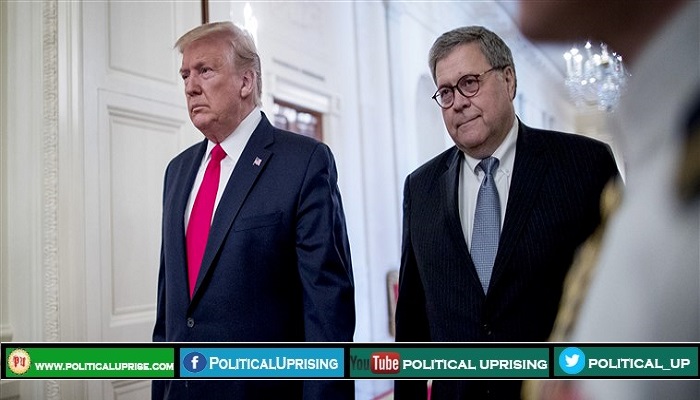Who will gets relief:The bill offered support to millions of United States workers, small businesses, aviation, healthcare and local governments.
The United States Senate, after days of discussions with the White House, on Wednesday passed an unprecedented emergency bill that would send some $2 trillion in aid to businesses, workers, state and local governments and a healthcare system overwhelmed by the coronavirus pandemic.
If approved by the House of Representatives as written, it would represent the largest economic stimulus package in US history. The sprawling, 500-page measure is the third coronavirus response bill produced by Congress and by far the largest, building on earlier efforts focused on vaccines and emergency response, sick and family medical leave for workers, and food aid.
The bill now goes to the Democrat-controlled lower house for approval. In a written statement, House Speaker Nancy Pelosi said the bipartisan Senate plan “takes us a long way down the road in meeting the needs of the American people” but she stopped short of fully endorsing it.
US president tests negative for Coronavirus
The bill includes $130bn in funding for hospitals and other health activities, and $200bn for other federal programmes, including $45bn for the Federal Emergency Management Agency (FEMA), $25bn in grants to public transportation systems, $10bn in grants to airports, $31bn in grants to public education systems, $10bn in block grants to states, and $19bn in funding for the Veteran’s Affairs (VA) Administration.
A specific $1.32bn was allocated for the detection, prevention, diagnosis and treatment of COVID-19 cases.
The package would provide one-time direct payments of $1,200 to every American adult making less than $75,000 a year, and $2,400 to couples with household incomes below $150,000, with $500 payments for every child.
Rules on unemployment compensation were tweaked to offer 39 weeks of unemployment insurance compared with the standard 26 weeks and a higher benefit amount that will, in some cases, cover more than 100 percent of lost wages.
Homeless at high risk for coronavirus outbreak
The aviation industry continued to receive a bulk of fiscal support for businesses.
An earlier proposal which allocated $25bn to airlines and $4bn to air cargo carriers in the form of loans or loan guarantees was retained. But $17bn will be added for “national security” industries, which Goldman Sachs expects to be directed towards the aerospace industry.
However, companies that take out these loans are subjected to restrictions on share buybacks, dividend payouts and retrenching employees. The US Treasury will also be required to seek stock options in these companies.
One business that will not be benefitting from the package is the chain of hotels and resorts owned by US President Donald Trump. Legislators inserted language into the bill that precludes companies majority-owned or controlled by any prominent figure in either the executive or legislative branches of government, including cabinet members and members of Congress, from tapping into the government loans or investments.
Joe Biden gets commanding edge in US Democratic race
A total of $377bn has been allocated to offer loans to small businesses, especially for payroll purposes. To encourage the distribution of these loans, banks would earn a 5 percent fee for making the loans. Payments can be deferred up to a year.
Small businesses with up to 500 employees will be eligible for loans equal to 2.5 months of average payroll costs.
The bill also allocated $17bn to defer existing payments on Small Business Administration loans and $10bn in emergency grants to small businesses.
States and local governments get $150bn to cover their fiscal expenses, on top of approximately $50bn increased payments each year through the Medicaid programme.
“This funding should be sufficient to offset the economic hit to states, though this will also depend on the rise in costs that states face as a result of increased benefit payments and the direct cost of the health response,” Goldman Sachs economists said in a note.



